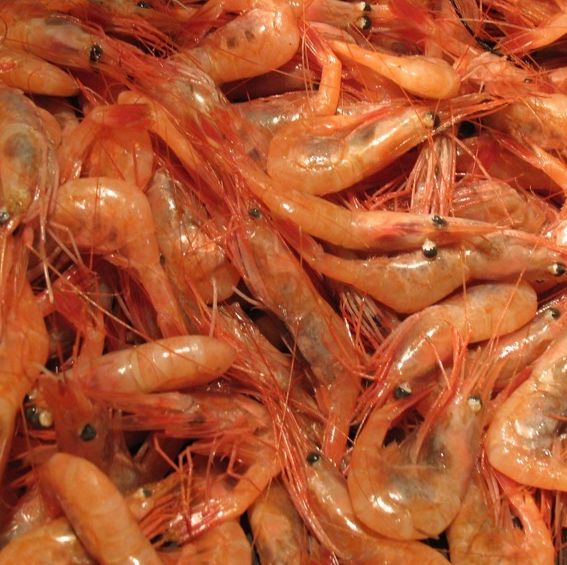Governments told to take action on shrimp farms

More than 25 major retailers and seafood companies, including some top UK names, and the Sustainable Fisheries Partnership (SFP) have told five Far East governments to take tough and immediate action to address the continued outbreak and emergence of new diseases in shrimp farms. The five countries are China, India, Indonesia, Thailand and Vietnam, and are the world’s top producers of cultivated shrimp.
Anton Immink, aquaculture director at the SFP, said:
\’Governments need to take action now to stop disease outbreaks in shrimp farms. Disease disrupts the reliability of supply chains, threatens seafood sustainability and jobs, and continually costs the industry billions of dollars each year.\’
Along with the Sustainable Fisheries Partnership, the companies and trade associations signing the letter include: Marks & Spencer, Sainsbury’s, Tesco. Waitrose, AquaStar, Beaver Street Fisheries, Inc., Chicken of the Sea, Fortune International, HighLiner Foods, Hilton Seafood UK, IDH the Sustainable Trade Initiative, Labeyrie Fine Foods, Lyons Seafoods, Seafresh Group, Sunnyvale Seafood, The Co-op, The Fishin’ Company, and the UK Seafood Industry Alliance.
Given the major supply chain disruptions and massive economic losses caused by diseases that spread rapidly across Asia in 2012 and 2013, the companies strongly appealed to governments to get ahead of the situation this time. All major shrimp producing countries have already committed to follow international guidelines for necessary controls issued by the U.N. Food and Agriculture Organization (FAO) and the World Animal Health Organization (OIE).
The governments were told in a letter, organised by the SFP:
\’Acting now will help to prevent a repeat of the chronic economic impacts associated with established diseases and ultimately lead to a more resilient and robust shrimp industry. The economic costs of investing in good health control systems, best management practices in farms and hatcheries, epidemiological analysis, and emergency response planning is minimal when compared to the tens of billions of dollars that diseases cost the industry every year.\’
The risks to shrimp farms are also magnified by the Covid-19 pandemic. International supplies of good quality broodstock to hatcheries have been limited by transportation disruptions. As the international market for shrimp picks up, increased demand for juvenile shrimp may overshadow proper inspection and controls. There is no direct danger to consumers from these diseases, but the loss of income impacts millions of farmers’ livelihoods.
More than five million tonnes of shrimp are farmed around the world. Shrimp (better known as prawns in the UK) is America’s favourite seafood and is consistently among the top five seafood imports in Europe. The FAO and WorldFish estimate that five million people are employed directly on shrimp farms and an additional five million in related supply chains.

